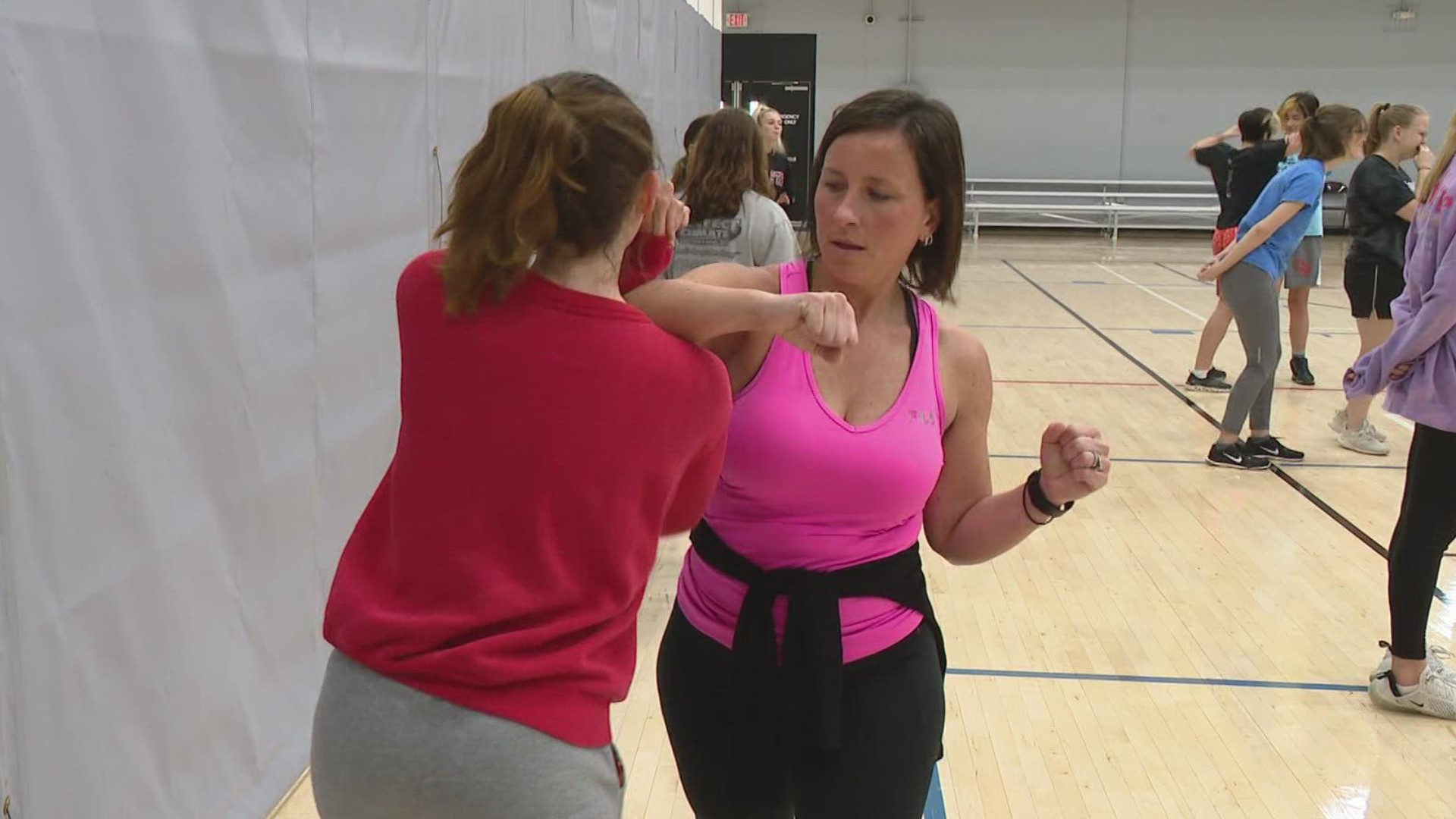In a world where personal safety is a concern for everyone, but particularly for women facing unique threats, the importance of self-defense training cannot be overstated. Defend Yourself, Empower Yourself is not just a slogan; it is a rallying cry for women to take control of their own safety and well-being. This specialized training equips women with the physical skills, mental preparedness, and confidence needed to navigate potentially dangerous situations. At the core of women’s self-defense training is the belief that every woman has the right to feel safe and empowered in her daily life. This training is not about instilling fear; it is about instilling resilience and self-assurance. Participants learn techniques to defend themselves against various forms of physical assault, from grabs and holds to more serious threats. By mastering these techniques, women gain a sense of empowerment knowing they have the tools to protect themselves if needed. Beyond physical skills, women’s self-defense training emphasizes the importance of situational awareness and assertive communication.

Participants learn to recognize potential dangers and trust their instincts to avoid risky situations whenever possible. They also practice assertive communication techniques, such as setting boundaries and using confident body language, to deter would-be attackers and assert their right to safety. One of the most valuable aspects of women’s self-defense training is the boost it provides to confidence self-esteem and check this site https://www.atosjjsa.com/womens-self-defense/. Many women undergo this training report feeling more empowered and self-assured in all areas of their lives. Knowing they have the ability to defend themselves instills a sense of inner strength and resilience that carries over into their personal and professional interactions. Moreover, women’s self-defense training is not just about individual empowerment; it is also about fostering a sense of solidarity and support among women. Training sessions often provide a safe and supportive environment where women can connect with others who share similar concerns and experiences.
This sense of community is invaluable, providing women with encouragement, understanding, and shared knowledge that further enhances their ability to stay safe. In addition to physical training, women’s self-defense programs often include education on relevant legal and ethical issues. Participants learn about their rights and responsibilities in self-defense situations, and strategies for dealing with law enforcement and the legal system if necessary. This knowledge is essential for empowering women to make informed decisions about their safety and well-being. In conclusion, Defend Yourself, Empower Yourself encapsulates the essence of women’s self-defense training. It is not just about learning physical techniques; it is about cultivating a mindset of empowerment, resilience, and self-assurance. By arming themselves with the necessary skills and knowledge, women can navigate the world with confidence, knowing they have the ability to defend themselves and assert their right to safety and autonomy.